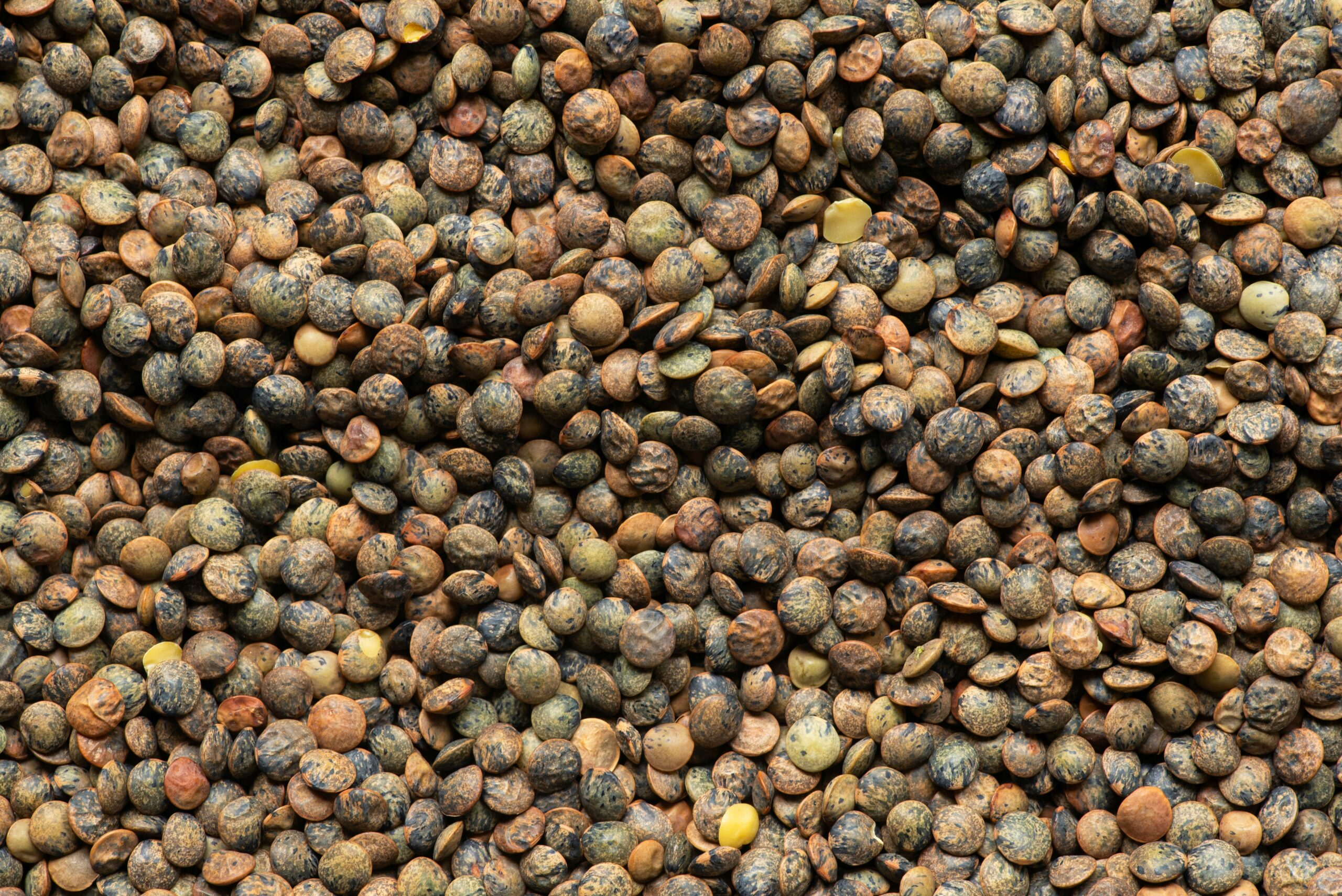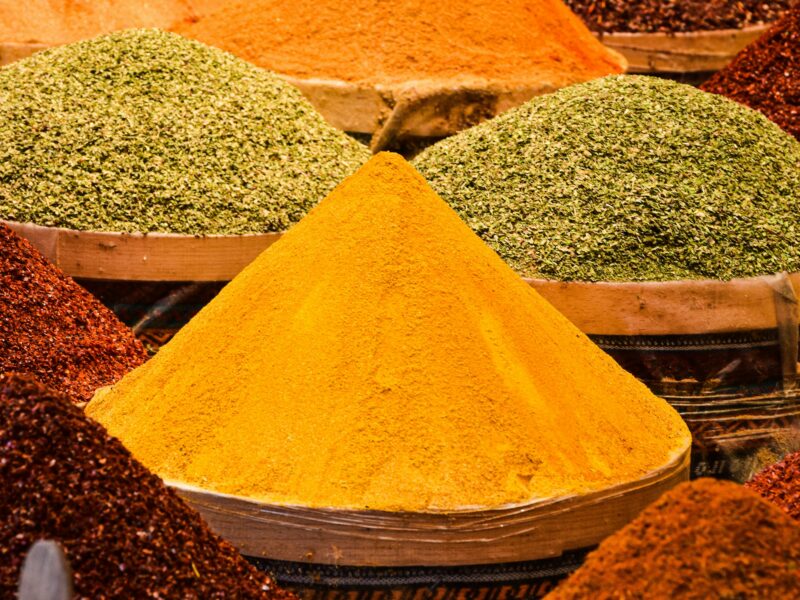Grains of Paradise, a lesser known yet captivating spice, brings a warm, peppery heat with citrusy and floral undertones. Native to West Africa, these small reddish-brown seeds have been prized for centuries, adding depth to both savory and sweet dishes. Often considered a more complex alternative to black pepper, they are commonly used in African, Caribbean, and European cuisines. But what makes Grains of Paradise unique, and how can you incorporate them into your cooking?
Origin and cultivation of Grains of Paradise
Grains of Paradise come from the seeds of the Aframomum melegueta plant, a member of the ginger family. Indigenous to the coastal regions of West Africa, particularly Ghana, Nigeria, and Ivory Coast, this spice thrives in hot, humid climates. The seeds are harvested from pods, sun-dried, and then used whole or ground for culinary purposes. Traditionally, they have also been used in herbal remedies and even as a flavoring in European beer and gin.
What do Grains of Paradise taste like?
Grains of Paradise have a complex flavor profile, blending the heat of black pepper with citrusy, floral, and woody notes. Their taste is milder than black pepper but more aromatic, making them a versatile ingredient in cooking.
Flavor nuances:
- Warm, peppery heat
- Citrusy and slightly floral undertones
- Woody and earthy depth
- Hints of cardamom and ginger
Grains of Paradise substitutes – what can you use instead?
If you don’t have Grains of Paradise on hand, try these substitutes:
- Black pepper: The closest alternative, though it lacks the citrusy and floral notes.
- Cardamom: Offers similar citrus and floral nuances but without the peppery heat.
- Ginger + peppercorn blend: Combining the two mimics both the spiciness and subtle warmth of Grains of Paradise.
- Allspice: Brings warmth and a touch of complexity but is less peppery.
Difference between whole and ground Grains of Paradise
Grains of Paradise can be used either whole or ground, depending on the dish. Whole seeds work best for infusions, pickling, or slow-cooked dishes, where they release their flavor gradually. Ground Grains of Paradise, on the other hand, are ideal for seasoning meats, spice blends, and adding immediate heat and aroma to dishes. Choosing between the two depends on how quickly you want the spice to integrate into your dish.
How to use Grains of Paradise in cooking
Grains of Paradise shine in both savory and sweet dishes, offering a unique twist to various recipes.
In savory dishes:
- Seasoning for grilled meats, poultry, and seafood
- Enhancing soups, stews, and curries
- A unique addition to rice dishes and roasted vegetables
- Blending into homemade spice rubs for barbecue or roasted meats
In sweet foods and beverages:
- Used in spiced cookies, cakes, and gingerbread
- Infused into cocktails, mulled wine, and gin-based drinks
- Added to hot beverages like tea and coffee for a spicy kick
- West African Jollof rice: A spicy, tomato-based rice dish with bold seasoning
- Apple pie: Grains of Paradise show their magic on fruits with this apple pie recipe
Cooking tips:
- ✔ Use whole pods for infusions and remove them before serving.
- ✔ A small amount adds a lot of flavor—too much can be overpowering.
- ✔ Store in an airtight container away from heat and moisture for freshness.
- ✔ Toast whole seeds before grinding to unlock their full flavor.
- ✔ Pairs well with citrus, vanilla, cinnamon, and nutmeg in sweet dishes.
- ✔ Enhances meat, garlic, and cumin in savory applications.
Where to buy Grains of Paradise
Grains of Paradise are available in specialty spice shops, African markets, and online retailers. When purchasing:
- Look for whole seeds rather than pre-ground for maximum freshness.
- Choose organic or high-quality sources to ensure rich flavor.
- Go for well-sealed packaging to preserve aroma and potency.
Why Grains of Paradise deserves a place in your kitchen
Grains of Paradise offer a bold, aromatic alternative to black pepper, with added complexity from their citrus and floral notes. Their versatility allows them to enhance everything from grilled meats to baked goods and even beverages. A small amount goes a long way, making them a valuable addition to any spice collection.


